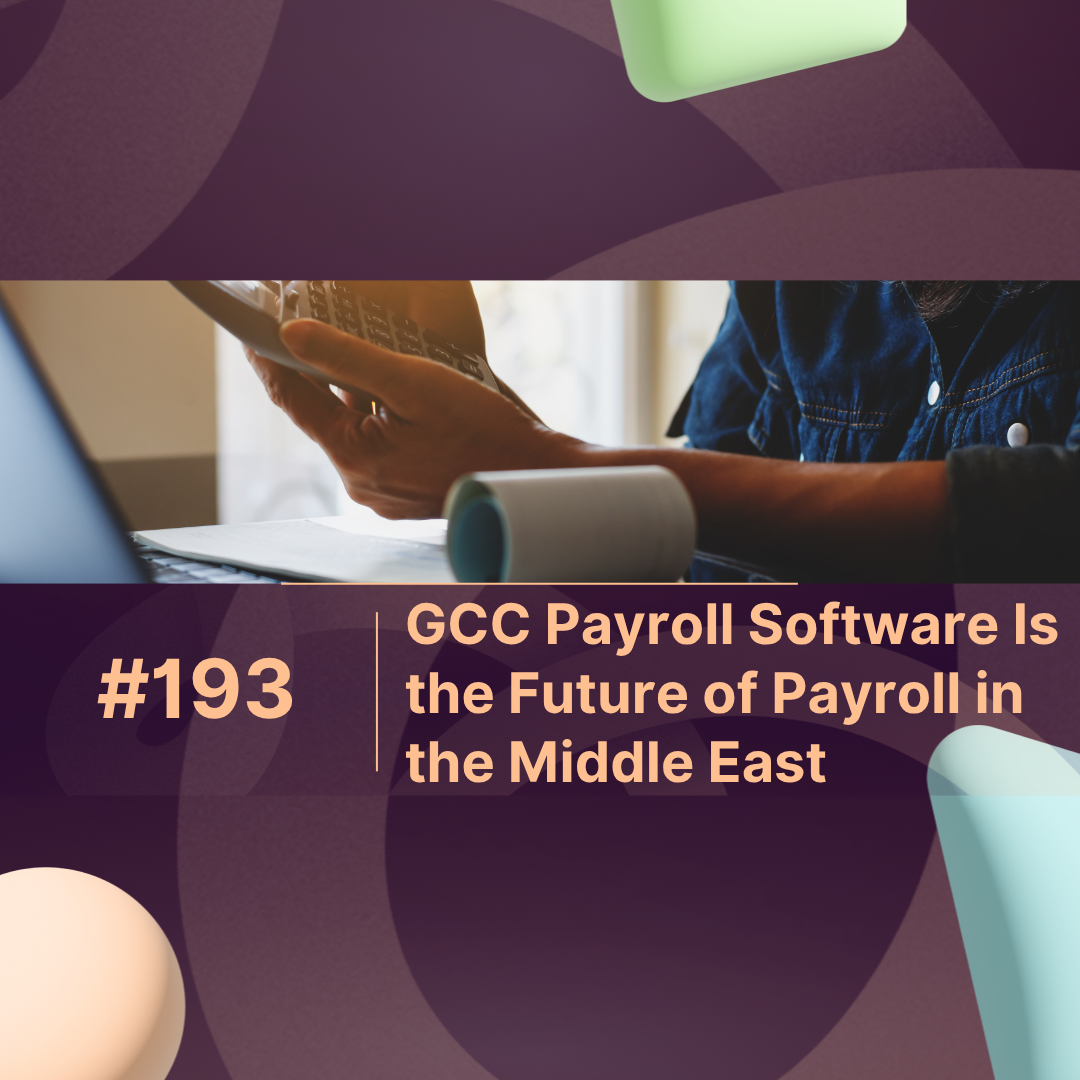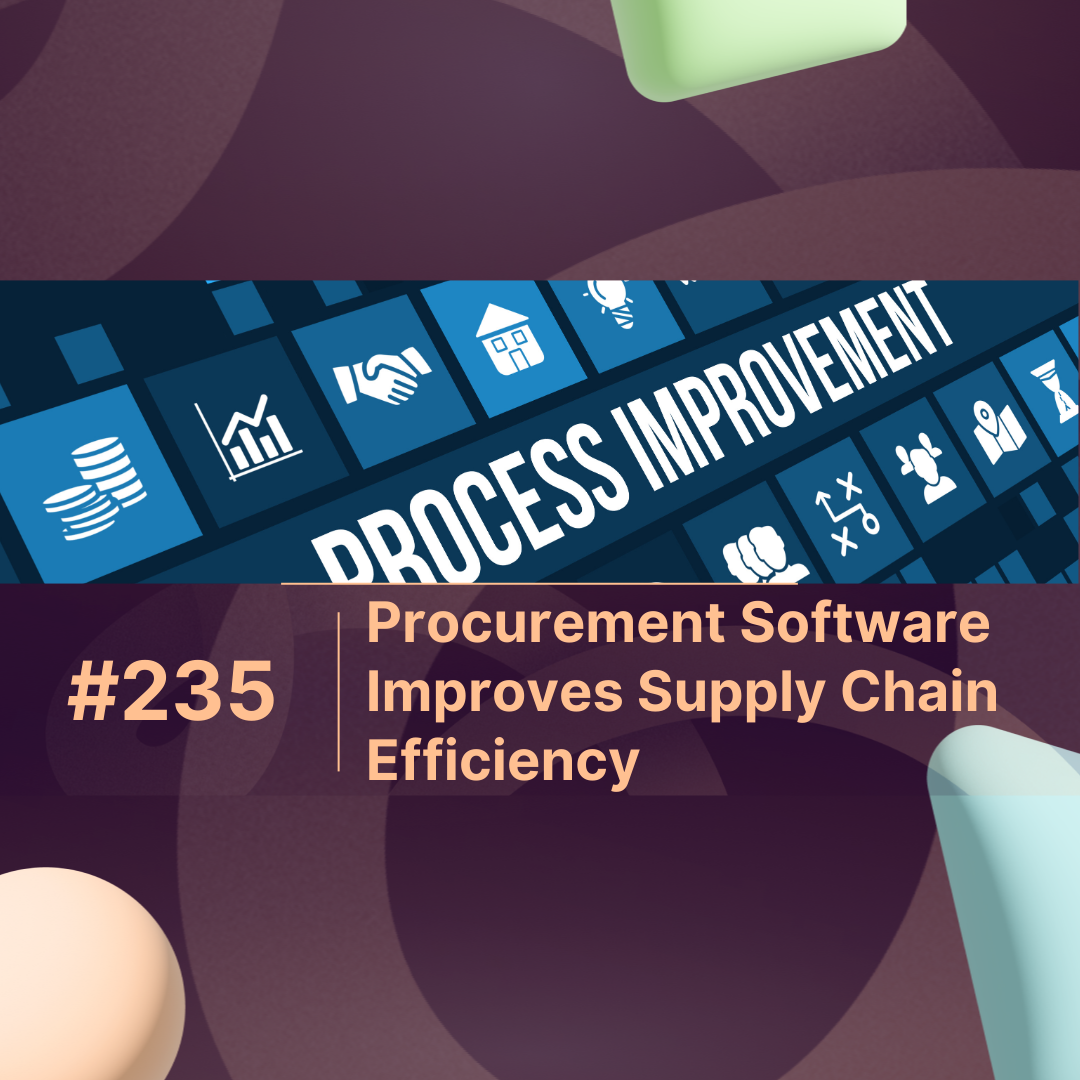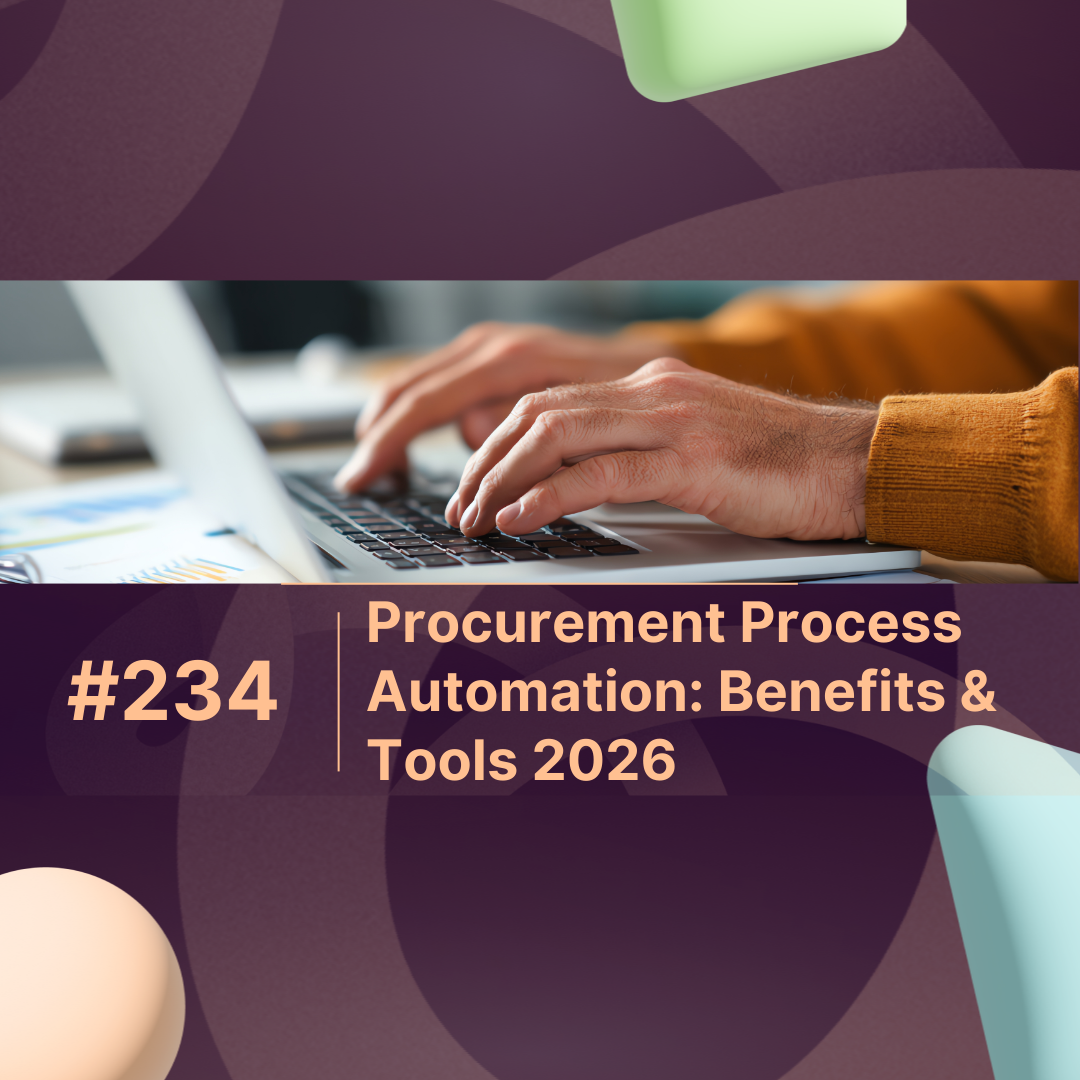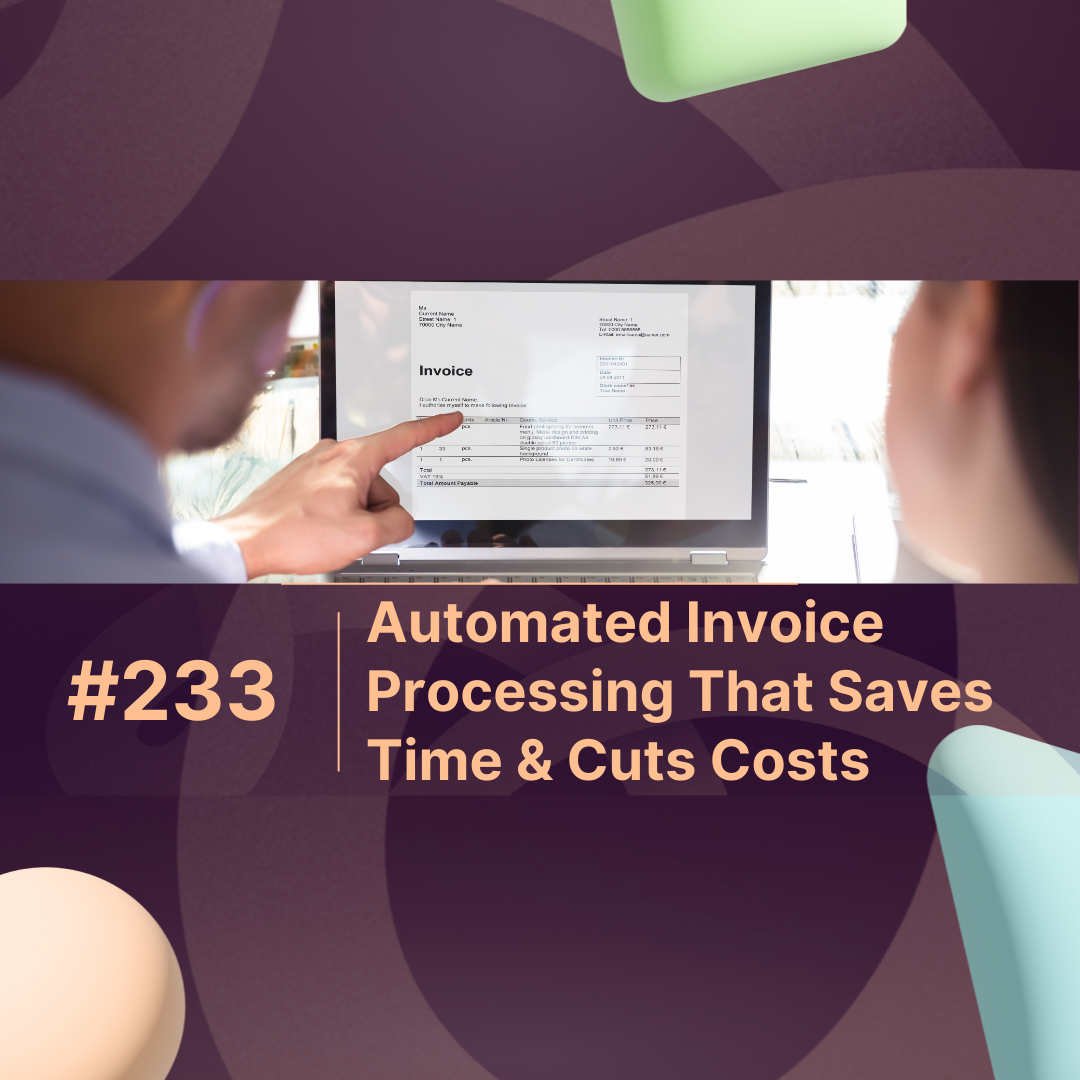Overview
Payroll across the Gulf Cooperation Council (GCC) is evolving rapidly. With complex labor laws, multi-currency payments, and compliance obligations in Saudi Arabia, UAE, Qatar, Kuwait, Bahrain, and Oman, businesses need smarter digital systems. GCC payroll software has become the backbone of modern HR management automating compliance, minimizing errors, and enabling real-time insights for employers and employees alike.
What Is GCC Payroll Software?
GCC payroll software is a region-specific HR technology that automates salary processing, WPS (Wage Protection System) compliance, taxation (Zakat and GOSI), and multi-language reporting across Gulf countries. Unlike generic payroll tools, these platforms are tailored for Middle Eastern labor regulations and local currencies.
Many businesses in the region especially those scaling fast are adopting solutions such as MaxHR, which combine payroll automation with employee self-service and advanced analytics for decision-makers.
Why Is Payroll Automation Essential in the GCC?
Manual payroll systems are prone to compliance errors, delayed salary transfers, and poor reporting. According to the Gulf HR Tech Outlook 2025, 82% of GCC businesses that automated payroll reduced processing time by over 60%, and 73% improved employee satisfaction.
| Metric | Manual Payroll | GCC Payroll Software |
|---|---|---|
| Average processing time per cycle | 3–5 days | < 1 day |
| Error rate | 5–10% | < 1% |
| Compliance accuracy | 70% | 99% |
| HR workload reduction | — | Up to 50% |
Automation ensures accuracy, audit readiness, and transparency—critical for companies navigating the region’s complex labor frameworks.
Key Benefits of Using GCC Payroll Software
1. Regulatory Compliance Across All GCC Nations
Payroll software is continuously updated with local labor laws—from the UAE’s WPS to Saudi Arabia’s GOSI. This minimizes compliance risks and protects businesses from costly penalties.
2. Multi-Currency and Multi-Language Capabilities
Businesses employing multi-national teams benefit from localized support for currencies like AED, SAR, OMR, and BHD, and language options in Arabic and English.
3. Cloud-Based Access and Data Security
Modern solutions like MaxHR offer secure, cloud-based dashboards. HR teams can process payroll remotely, with data encryption that meets ISO-certified standards.
4. Integration With ERP and Accounting Systems
GCC payroll software integrates seamlessly with ERP systems (SAP, Oracle, Zoho), ensuring synchronized financial reporting and automated journal entries.
5. Employee Self-Service Portals
Staff can view payslips, request leaves, and update personal details—all from a mobile app. This improves transparency and reduces HR dependency.
How GCC Payroll Software Supports Future-Ready Businesses
1. AI and Predictive Analytics
AI-enabled platforms forecast payroll trends and detect anomalies. For instance, AI engines can identify irregular deductions or bonus miscalculations before processing—improving audit confidence.
2. Localization for GCC Regulations
Unlike global HR tools, regional platforms include built-in support for GOSI, MOHRE, and WPS systems, making compliance effortless.
3. Scalability for SMEs and Enterprises
Whether a startup with 20 employees or a conglomerate with 10,000, GCC payroll systems are built to scale. Subscription models allow cost-effective growth without infrastructure expansion.
4. Data-Driven HR Transformation
With payroll data integrated into analytics dashboards, companies can assess workforce costs, attrition trends, and productivity ratios—turning payroll into a strategic function.
The Future of Payroll in the Middle East
By 2028, AI-driven payroll systems are projected to manage over 70% of all salary disbursements in the GCC (source: Gulf Digital Workforce Report). Governments are promoting digital transformation, and cloud HR solutions are expected to grow at 18% CAGR across the region.
This shift means businesses can no longer rely on spreadsheets. To remain competitive, they must embrace technologies that are secure, compliant, and scalable.
As organizations modernize, adopting platforms like MaxHR which combine payroll automation with full HR lifecycle management can significantly reduce administrative overhead while enhancing employee experience.
Conclusion
The future of payroll in the Middle East is digital, automated, and compliant by design. GCC payroll software not only simplifies complex payroll operations but also ensures organizations stay ahead of evolving regulatory and workforce trends. As AI-powered systems and government-driven WPS standards reshape the payroll landscape, investing in the right solution today ensures resilience and efficiency tomorrow.
Frequently Asked Questions (FAQs)
1. What makes GCC payroll software different from global payroll tools?
It’s built for regional compliance—covering WPS, GOSI, and other Gulf-specific regulations—while supporting Arabic language and local currencies.
2. Is cloud-based payroll software secure for GCC businesses?
Yes. Top solutions use end-to-end encryption, ISO-certified data centers, and secure WPS file transfers to ensure compliance with national data laws.
3. Can GCC payroll systems handle multi-company or multi-country setups?
Absolutely. Leading providers offer unified dashboards that manage multiple branches or entities across the GCC under one subscription.
4. How does AI improve payroll accuracy?
AI analyzes large data sets to predict anomalies, detect duplicate payments, and ensure correct deductions before payroll submission.
5. Which industries benefit most from GCC payroll software?
Construction, oil & gas, retail, hospitality, and healthcare sectors where large, distributed workforces require accurate, compliant payroll operations.



